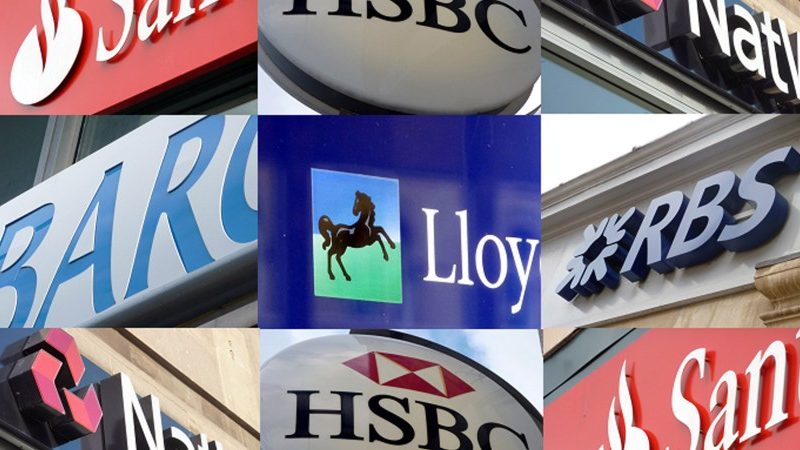
With the UK and the EU “unlikely” to reach a free-trade agreement by the end of the year and the Bank of England leaning toward negative interest rates, which can further squeeze banks’ profits, British banks have big worries beyond Covid-19.
Michel Barnier, the European Union’s chief negotiator, said last week that the UK and the EU were “unlikely” to reach a free-trade agreement by the end of the year unless Britain shows willingness to compromise.

Access deeper industry intelligence
Experience unmatched clarity with a single platform that combines unique data, AI, and human expertise.
A failure of the two sides to sign the desired wide-ranging taxes, tariff and trade treaty, will lead to a major disruption of the UK’s relationship with its largest trading partner.
If such an unwanted scenario should come to pass, then trade barriers, including tariffs and quotas, will immediately be erected between the UK and EU. It would also lead to necessary border checks for goods.
Britain would presumably trade with the EU on “most favoured nation” terms, which would see tariffs at an average of six per cent.
Negative rates: a milestone in the BOE’s 326-year history
Bank of England (BOE) governor Andrew Bailey has issued a warning to lenders on the potential challenges of negative interest rates.

US Tariffs are shifting - will you react or anticipate?
Don’t let policy changes catch you off guard. Stay proactive with real-time data and expert analysis.
By GlobalDataIf rates turn negative, this would be the first time it has happened in the institution’s 326-year history.
Negative rates, the governor said, are “one of the potential tools under active review” by the central bank due to the economic fallout of the coronavirus.
This could come into play if the monetary policy committee (MPC) decides more stimulus is needed to hit the bank’s 2% inflation target.
Rates are already at a record low, having been cut to 0.1% in response to the economic fallout from the pandemic.
In theory negative rates make spending more attractive than saving thus stimulating economic activity.
“A highly uncertain environment.” Lloyds Bank’s CEO
However, central bank’s officials have for years maintained that negative interest rates weren’t an attractive option for the UK’s economy because banks would be forced to cut lending, strangling credit just when it is most needed.
Britain also relies on big inflows of foreign capital to sustain investment and its huge financial sector, money that could go elsewhere in search of higher returns.
In anticipation of negative interest rates, a swath of UK government bond yields is already in negative territory, while the benchmark 10-year gilt yields just 0.08%.
“There is a highly uncertain environment out there,” Lloyds Chief Executive António Horta-Osório told journalists.
The Queen’s banker stops lending in EU
Coutts & Co, a private UK bank which provides banking services to wealthy people including Queen Elizabeth II, told clients on 27 July that it would stop lending to EU residents because of the lack of a trade agreement.
The reason: Coutts (which is owned by the British banking group Natwest) will lose so-called passporting rights that allow it to operate freely within the EEA if the current Brexit transition period expires on 31 December with no formal agreement between Britain and the European Union.







